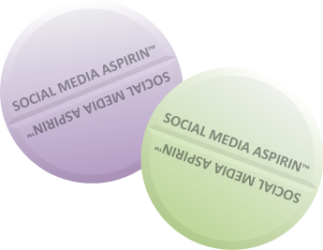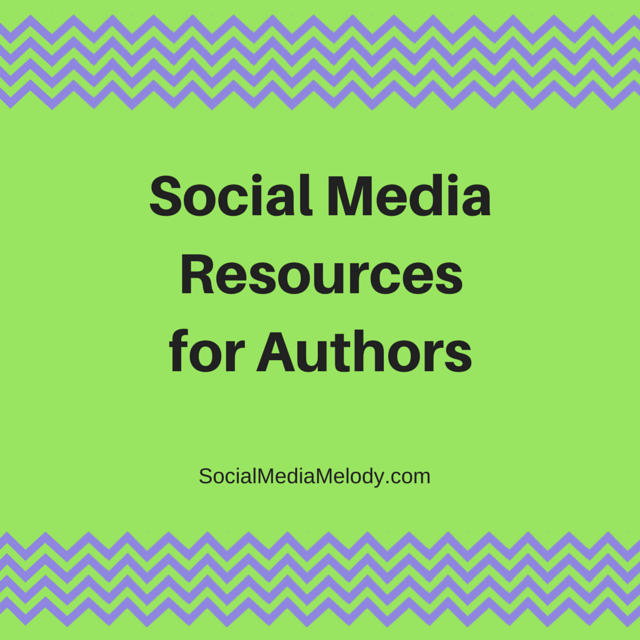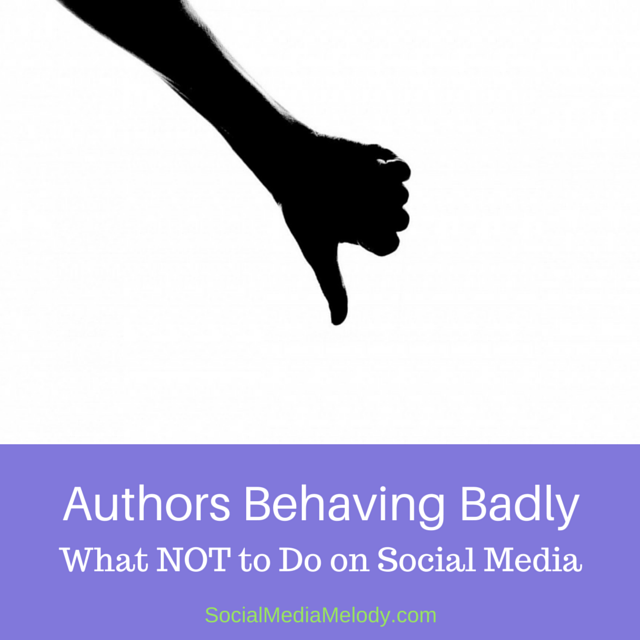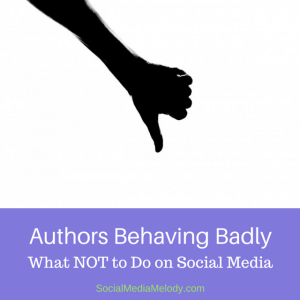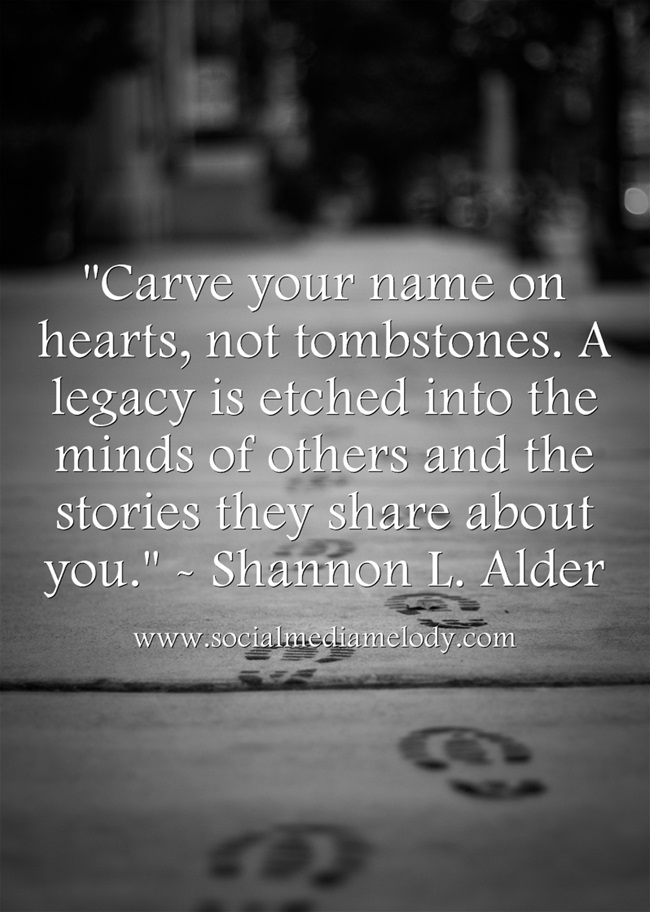I’ve always been upfront with clients, authors and fans about social media, mentioning the ever-changing landscape on multiple occasions. The truth is there is a lot to keep up with in social media. It’s my profession, and I have to work at that every day myself. No wonder authors – and everybody – feel overwhelmed.
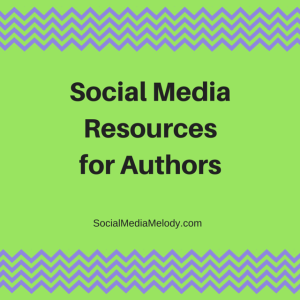 What’s an author to do? If you are unable to invest in someone like me who can take on your social media for you, then it is up to you to keep abreast of the latest changes and best practices. You can do that with these resources and your own commitment to learning.
What’s an author to do? If you are unable to invest in someone like me who can take on your social media for you, then it is up to you to keep abreast of the latest changes and best practices. You can do that with these resources and your own commitment to learning.
There are several resources I rely on, and I’ve shared a few excellent ones with you below.
Social Media Examiner
This site is easily the best resource on the biggest social media platforms and boasts an extensive archive of highly informative articles. They update every day, their posts are detailed and well-researched, and their contributors are well-known experts. Start here and refer to it often.
Recent article: Thought Leadership: How to Remain Top of Mind in Your Industry
Jon Loomer
Jon is THE expert in Facebook marketing. If you are a beginner at Facebook, get up to speed on the basics first using the site above. Then come back to Jon’s site and learn the more advanced aspects of how to utilize Facebook tools for the best return on your marketing investment.
Recent headline: The Missed Opportunity: How Brands Are Missing Out on Facebook
Rebekah Radice
Rebekah discusses a variety of social media topics in well-written style and with excellent graphics for those of us who are visual learners. Her information is best-suited to beginner and intermediate social media users.
Recent headline: How to Create Visual Content Your Audience Will Love
Much like you wouldn’t go a day without brushing your teeth, I suggest reading one social media article per day. You might divide your reading into weekly themes to get the most reading bang for your buck: Facebook, Twitter, Content Management, Tools, etc.
What information sources do you rely on to learn more about social media? Add to comments, I’d love to see them!

